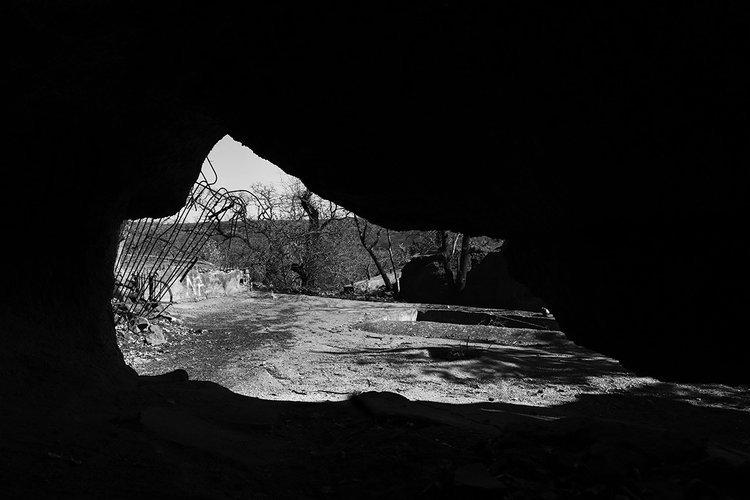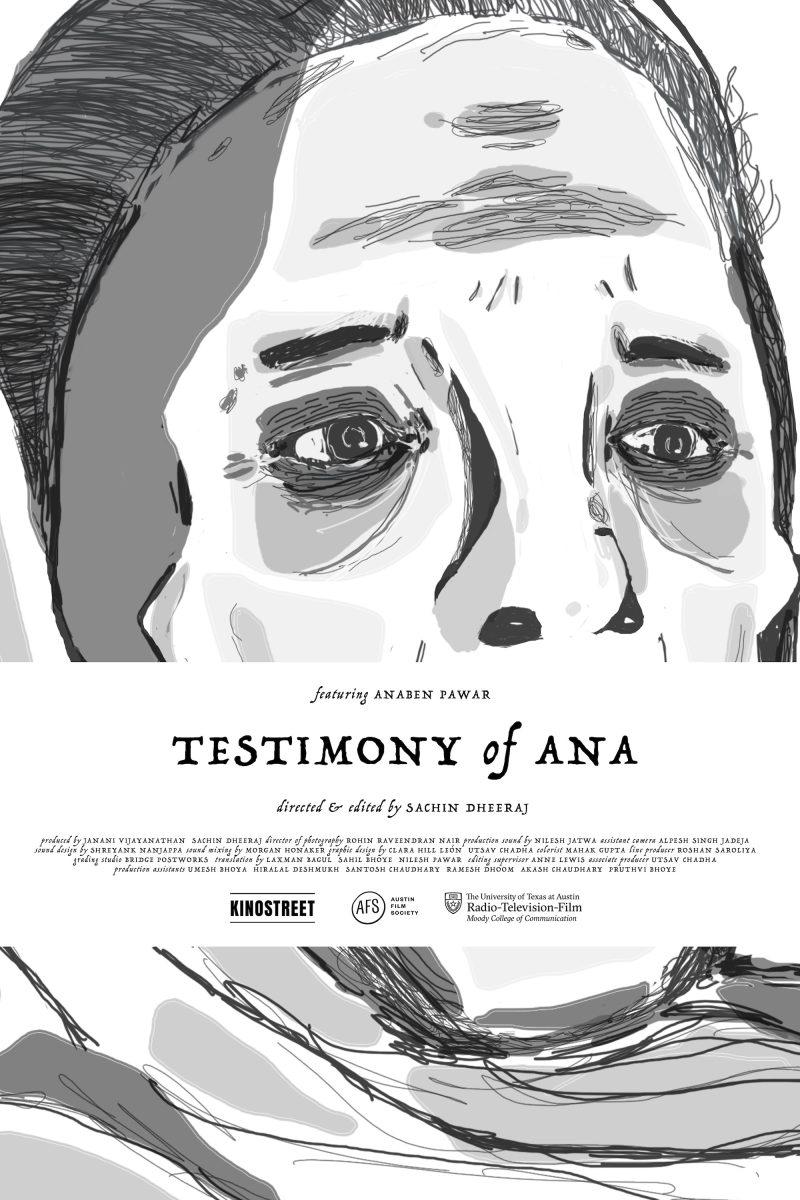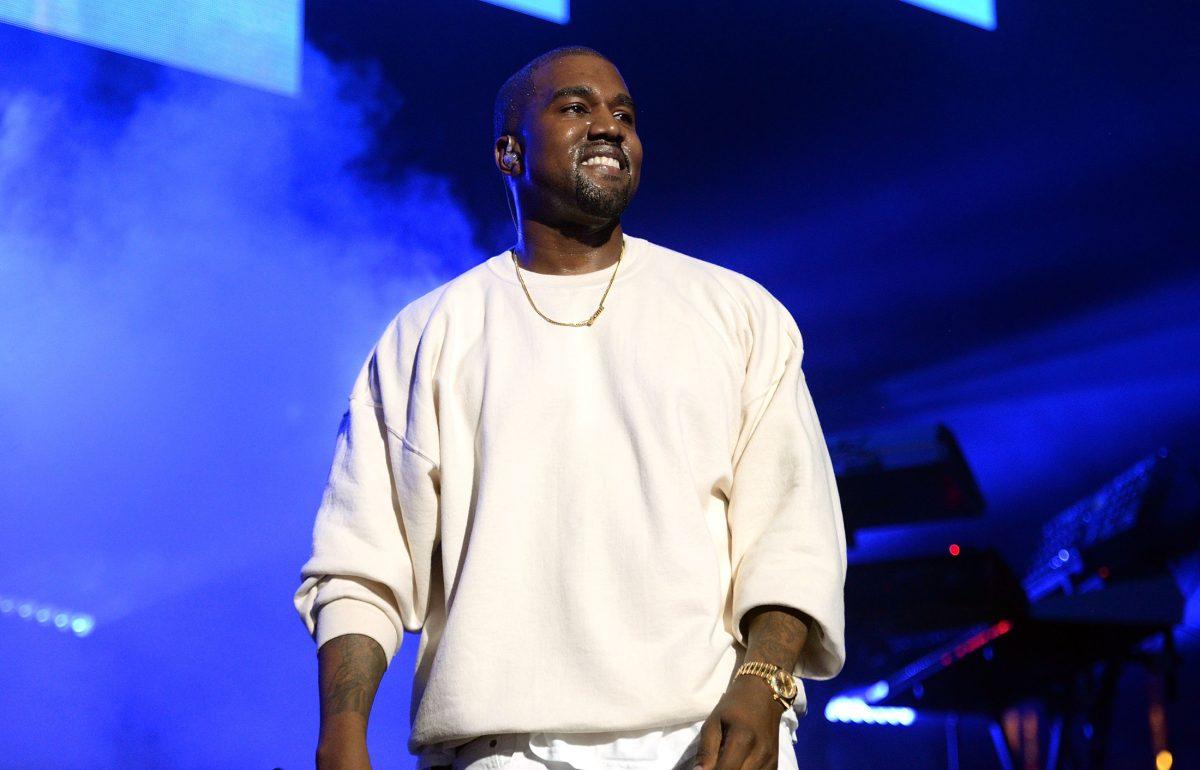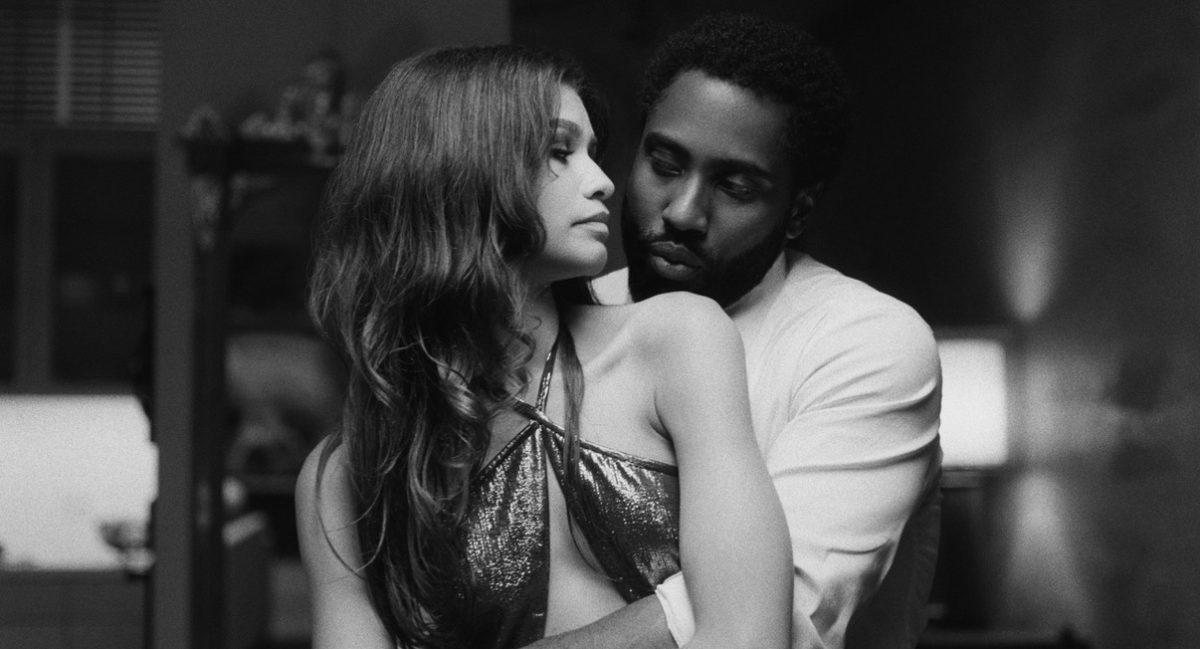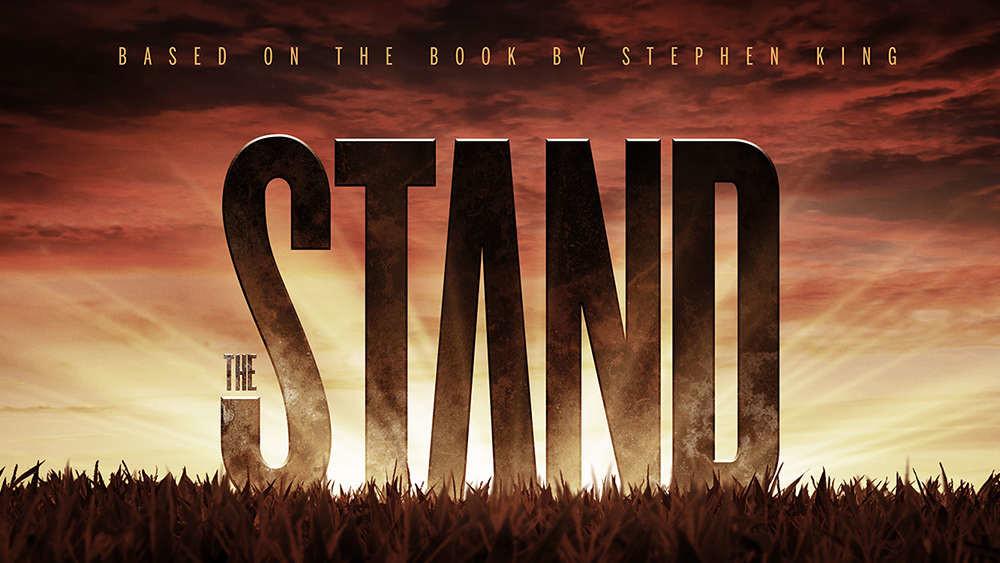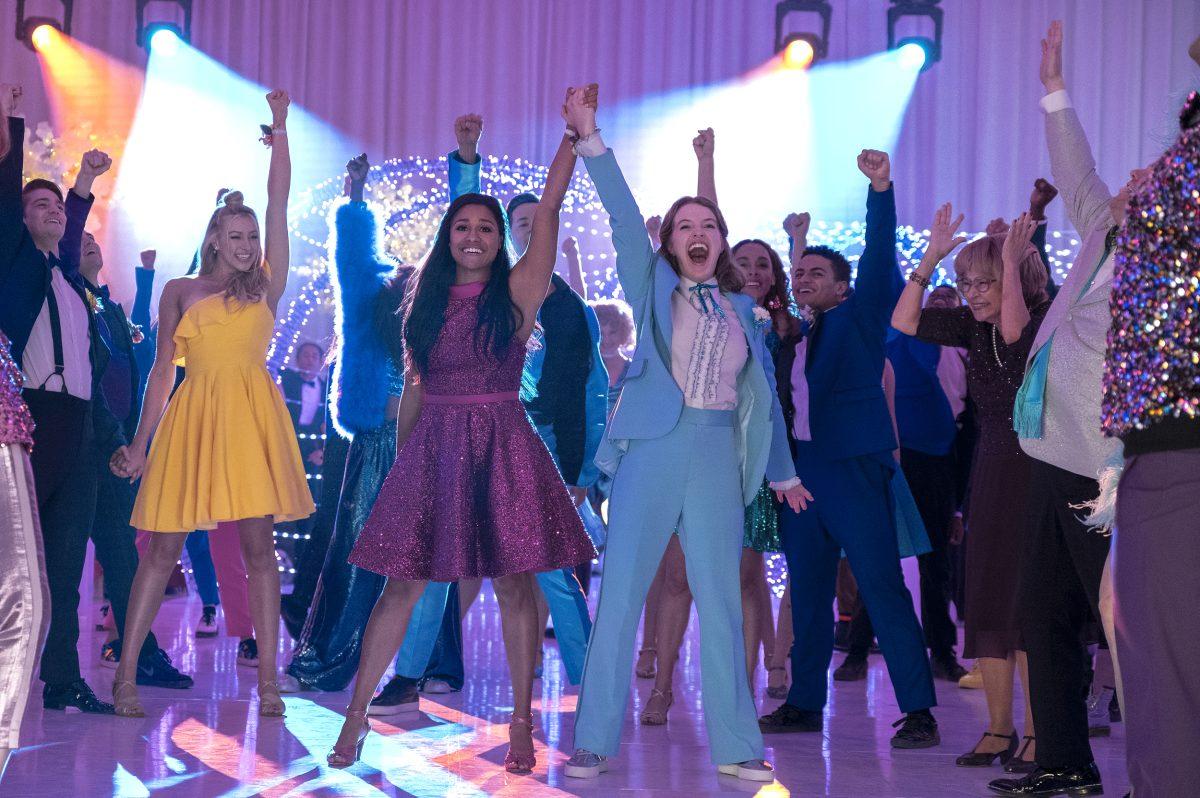“Black Panther” is an audacious production that steps away from the seen-it-before Marvel Cinematic Universe template for a symphony of African splendor, lush mythology and royal intrigue that leaves an imprint of feelings and sharp-wittedness that cannot be ignored. Despite the film’s unfulfilled moments of potential, “Black Panther” more than owns up to the year-long hype train, introducing a tale with all-around compelling characters who lead the forefront of the film’s many moments of glory.
Continuing right where “Captain America: Civil War” left off, “Black Panther” tells the story of T’Challa (played by Chadwick Boseman), who returns home to the supposedly Third World African country of Wakanda to take his rightful place as king after the death of his father. When an old enemy resurfaces, T’Challa’s position as king — and grit as Black Panther — is put to the test, drawing him into a fight that puts the fate of his kingdom and the entire world at risk. In the midst of treachery that spans generations, T’Challa must gather his allies and don the Black Panther suit again to defeat his enemies and secure the safety of the people of Wakanda and the unassuming outside world.
“Black Panther” supersedes some of Marvel’s earliest films for its more fascinating story and more fully fleshed out characters. Its stand-alone status is a breath of fresh fanboy (and girl) air, introducing a world lush with mythological backdrops, dynamics enriched with grace and a villain with understandable motivations.
Undeniably a visual extravaganza from beginning to end, the film’s color scheme and cinematography are by far the most striking in showcasing Wakanda, an old-fashioned futuristic society living centuries beyond that of any on Earth. Ryan Coogler’s hand in the writer and director seat is almost tangible in how otherworldly beautiful the people of Wakanda dress, dance, fight and converse — especially in how the film incorporates isiXhosa, one of South Africa’s official languages to enhance the narration’s African authenticity.
Rather than sloppily relying solely on English in a storyline wrapped around an African kingdom, “Black Panther” deserves praise for going the extra mile to immerse its audience in an honest, yet fictional, environment with African roots that can be traced back to the real world. As captioned conversations stretch into minutes, the viewers rightfully feel as though they are watching a foreign film.
Nevertheless, “Black Panther” will not be remembered for its brilliant visual craftsmanship. The film’s best moments come not from awesome explosions or fight scenes, but from its enjoyable characters, portrayed by an all-out charismatic lineup of performers. While Boseman embodies the undeniably intelligent, honorable, and charming King T’Challa with a mesmerizing ease, Letitia Wright as T’Challa’s sister Shuri and Michael B. Jordan as the understandably radical and ruthless Erik Killmonger stole the show — Shuri for her paramount contributions to the story and earning the title as the funniest character in the film and Killmonger for representing the pent-up anger of the oppressed, and thus, being the most well-developed villain in the Marvel Cinematic Universe, next to Loki and Vulture.
However, because the film experiences a few pacing issues, including several over-elongated expositional scenes that could have been reduced, several aspects about the film, specifically Killmonger’s plot and the lack of come-to-pass consequences of said plot, cultural dynamics between the tribes that make up Wakanda, and the rogue Avenger’s whereabouts during this film were, unfortunately, left in the air by the end of the film. This will leave some viewers who notice these pockets of abandoned potential unsatisfied considering most of them are likely not to be addressed during “The Avengers: Infinity War Part 1.”
Those who can overcome the urge to nitpick will enjoy “Black Panther,” some for different reasons. If you are looking for an action-packed superhero film, you’ve found it. Those interested in an immersive narrative led by genuinely crafted and well-personified characters will also find themselves satisfied by the very end. On the surface, this is just another highly-successful Marvel film, but dig deeper, and you will see “Black Panther” as it really is — a behemoth of bold and regal cultural exploration, a visual mouthpiece of entertainment that challenges one’s moral compass to the point of contemplating silence.
If you have not watched “Black Panther” by the time you read this review — go watch it at your nearest theatre.




